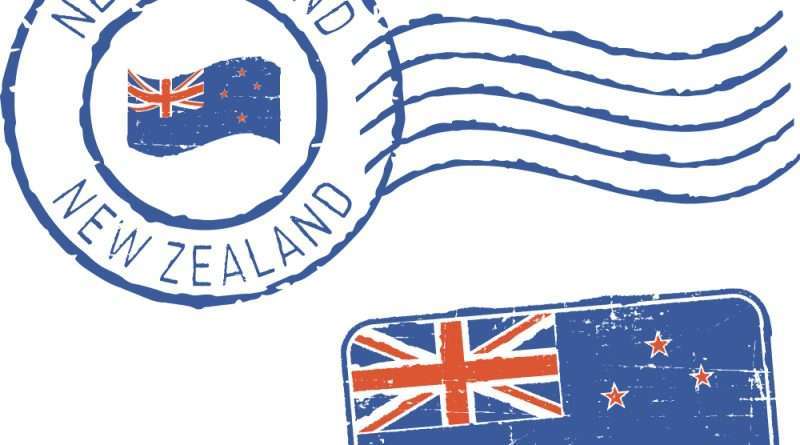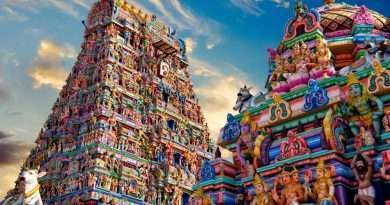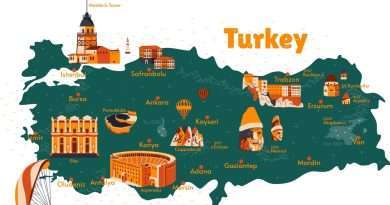Historical Highlights: Discovering New Zealand’s Rich Past Through Travel
New Zealand, with its breathtaking landscapes and vibrant culture, is a land steeped in history, where stories of ancient voyages, colonial settlement, and cultural exchange converge to create a rich tapestry of heritage. Traveling through New Zealand offers a unique opportunity to delve into its historical highlights, to explore the remnants of the past scattered across the country, and to uncover the diverse layers of its fascinating history. In this article, we embark on a journey through New Zealand’s past, tracing its historical timeline and discovering the threads that bind its people to the land.
Ancient Origins: The Māori Legacy
The story of New Zealand’s history begins with the arrival of the Māori, the indigenous Polynesian people who voyaged across the vast Pacific Ocean in waka (canoes) to settle Aotearoa around 800 years ago. These intrepid navigators brought with them a rich cultural heritage, including intricate carving, weaving, and oral traditions that continue to shape New Zealand’s identity today.
Exploring New Zealand’s historical sites offers insights into Māori culture and traditions. From the sacred marae (meeting grounds) adorned with carved meeting houses to the ancient pā (fortified settlements) perched on hilltops, Māori heritage is deeply ingrained in the landscape. Sites like Waitangi, where the Treaty of Waitangi was signed in 1840, and Rotorua’s Te Puia, a living Māori village and geothermal wonderland, provide immersive experiences into Māori customs, rituals, and way of life.
European Exploration and Settlement
The 17th and 18th centuries saw the arrival of European explorers, including Abel Tasman and James Cook, who charted New Zealand’s coastline and made contact with the Māori people. However, it was not until the late 18th century that European settlement began in earnest, driven by the desire for new lands and resources.
The Treaty of Waitangi signed between the British Crown and Māori chiefs in 1840, established British sovereignty over New Zealand while guaranteeing Māori rights and protections. However, the treaty’s implementation was fraught with conflicts over land, resources, and sovereignty, leading to tensions and upheaval between Māori and European settlers.
Gold Rushes and Frontier Towns
The mid-19th century brought a new wave of settlers to New Zealand in search of gold, sparking gold rushes that transformed the country’s economy and society. Towns such as Arrowtown, Thames, and Hokitika sprung up overnight, attracting prospectors from around the world in pursuit of their fortunes.
Today, the remnants of these frontier towns offer glimpses into New Zealand’s gold rush era. Heritage trails, museums, and preserved buildings provide insights into the lives of gold miners and the challenges they faced in their quest for wealth. The Goldfields Mining Centre in Central Otago and the Thames School of Mines are just a few examples of sites where visitors can step back in time and experience the excitement and hardships of the gold rush days.
War and Conflict
New Zealand’s history is also marked by periods of war and conflict, both at home and abroad. The country played a significant role in both World War I and World War II, sending troops to fight alongside allied forces in Europe, the Pacific, and the Middle East.
The Gallipoli campaign, in particular, holds a special place in New Zealand’s collective memory, as thousands of soldiers made the ultimate sacrifice in a doomed attempt to capture the strategic peninsula in Turkey. ANZAC Day, commemorated on April 25th each year, honors the courage and sacrifice of these soldiers and serves as a reminder of the cost of war.
Cultural Renaissance and Revival
In recent decades, New Zealand has witnessed a cultural renaissance and revival, as Māori traditions and language have experienced a resurgence in popularity and importance. The Māori renaissance, or “Māoritanga,” has seen a revitalization of cultural practices, the recognition of indigenous rights, and a growing awareness of the importance of preserving Māori heritage for future generations.
Today, Māori culture is celebrated and embraced as an integral part of New Zealand’s national identity. Cultural festivals, language revitalization initiatives, and the incorporation of Māori customs and symbols into mainstream society reflect the growing appreciation for Māori culture and its contributions to the country’s heritage.
Preserving the Past for Future Generations
As custodians of New Zealand’s historical heritage, it is essential to preserve and protect the remnants of the past for future generations. Museums, heritage sites, and cultural institutions play a crucial role in safeguarding New Zealand’s historical treasures, while initiatives such as heritage trails, conservation projects, and historical reenactments help bring the past to life for visitors and locals alike.
By exploring New Zealand’s historical highlights, travelers can gain a deeper appreciation for the country’s rich and diverse history, connecting with the stories and experiences that have shaped its identity over the centuries. Whether delving into the ancient traditions of the Māori people, tracing the footsteps of European explorers and settlers, or commemorating the sacrifices of soldiers in times of war, each historical site and landmark offers a window into New Zealand’s past and a glimpse of the enduring legacy that continues to shape its present and future.
Read more: Career Crossroads: Choosing Your Path in New Zealand’s Job Market



